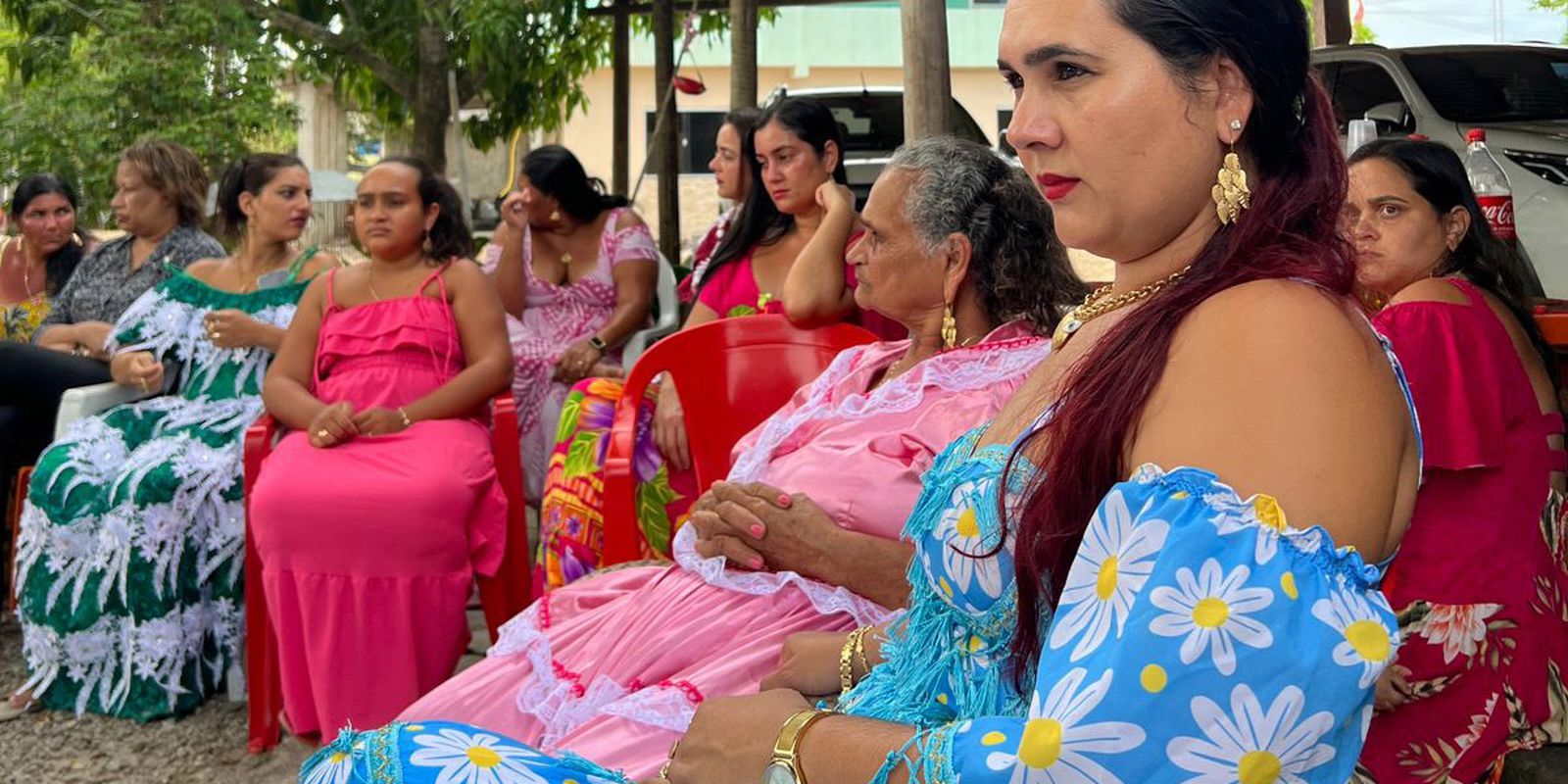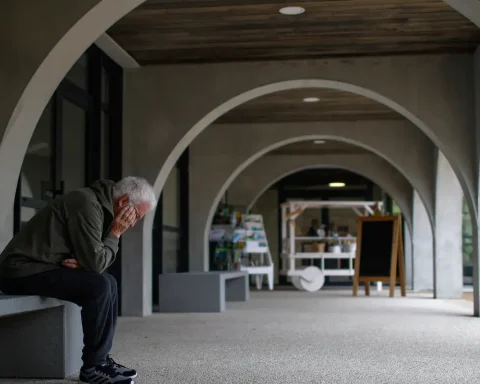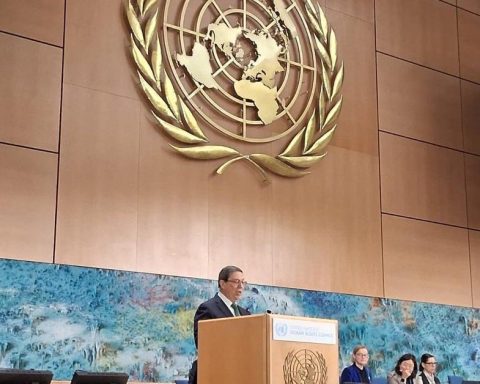The Ministry of Racial Equality launched this Friday (2) the National Plan of Policies for Roma Peoples. Instituted by presidential decree, the document was classified by the ministry as “a historic milestone in Brazil”. It is the first time that the country will have a policy directly aimed at the Roma peoples. 
According to the ministry, the proposal is to promote intersectoral measures to guarantee the rights of Roma people. In total, the plan was structured into ten objectives, which involve combating anti-Gypsyism, recognizing the territoriality of Roma people, the right to the city, education, health, basic civil documentation, food security and sovereignty, work, employment and income, and the valorization of culture.
“The national policy is the result of a participatory and collaborative approach, which involved not only government institutions, but also the gypsy communities themselves, civil society organizations and professionals specialized in the subject based on the actions of the Caravana Brasil Cigano”, explained the ministry.
Check out the objectives of the National Policy Plan for Roma People, to be implemented based on actions planned from this year until 2027:
– combat anti-gypsyism as an expression of prejudice, ethnic-racial discrimination and hate speech against the gypsy people;
– recognize the territoriality of the gypsy people, considering the dynamics of itinerancy of the routes;
– recognize the right to the city, to basic infrastructure and to decent housing, in urban or rural areas in the form of ranches, neighborhoods, villages, communities or gypsy camps;
– increase the presence of Roma children, young people and adults in educational institutions, at all levels of education;
– address the specific needs of Roma people in health care policies;
– expand access for Roma people to basic civil documentation;
– promote food and nutritional security and sovereignty for Roma peoples;
– expand Roma people’s access to work, employment, income and social security;
– value the culture and promote the traditional practices and knowledge of the gypsy people; and
– promote debate on the history and culture of the gypsy people in the country in collaboration with the education system.

















